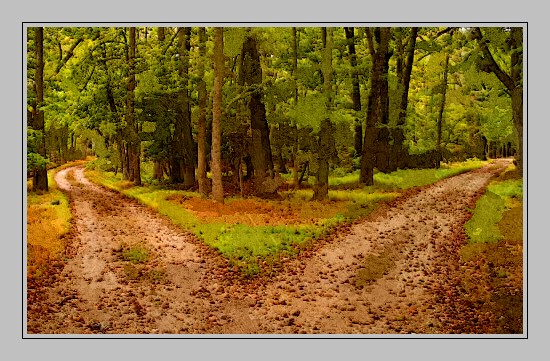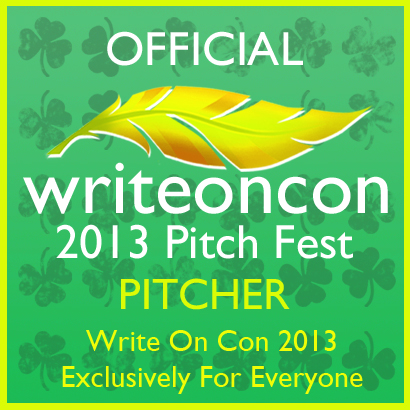 So many of you know I've been in an exclusive R&R with an amazing agent - and for those of you who don't know, the story goes a little something like this:
So many of you know I've been in an exclusive R&R with an amazing agent - and for those of you who don't know, the story goes a little something like this:
I started querying THE LUCKY FEW back in late April of 2011 and decided to do things a little differently than I'd done in the past. My first batch was a smattering of queries - unlike the deluge I'd sent out for my prior two books - and I had an amazing response. Out of the 8 I sent, I received 5 fulls, 1 partial, 1 decline, and 1 no response. I was off to a great start.
When 2 declines came in on fulls, I decided to query Mr. Agent Man on July 11, 2011. This agent has been in my top 3, of all-time agents, since I started querying over five years ago for other books - and I'd been holding off on sending to him, to see what kind of responses I'd recieve from my first round.
He replied six minutes later, requesting the full.
I was ecstatic and of course, immediately sent it - and the very next day, he'd called. He, along with his assistant, had read my MS over-night - and he'd also sent it along to some of his colleagues in their NYC office. He wasn't quite prepared to sign me, but he definitely wanted an exclusive R&R together. And so, after asking for a few days to settle with the other agents that already had my fulls and partials, I let him know I was ready to go.
Over the next 7 months, I'd completed 2 separate revisions with responses from him in the form of editorial letters, emails, and conference calls. By February of 2012, we agreed there were just so many great directions I could take my story...and deciding on one path, seemed more difficult than any of us thought. Ultimately, we decided a complete shift needed to happen - which required me to scrap more than 60,000 of the then 89,000 words, and rewrite them completely.
After running the gammut of emotions on what this actually would mean, I finally settled in and tackled the beast. It took almost five months to complete - but I finished, had all of my CP's read and critique at break-neck speed, and had it back to him by July of last year. By September, he'd emailed that he was 100% on board with the direction I'd taken and was more than happy with my rewrite - however, he needed more time to final scrub and get back to me.
Between then and now, his amazing assistant left the agenting business and he became inundated with not only his own clients, but her's as well - and the communication between us became less frequent. By January of this year, I emailed with a timeline, needing some type of response, before I felt it was fair I move on.
In the end, I did hear back from him - we chatted on the phone and ultimately decided, his plate had become too full and he just couldn't give me the time I was going to need. So as it goes, our journey - after over 20 months working together - had come to an end.
He did ask to pass my manuscript along to few other agents in his office, feeling if he couldn't take on my MS, the next best thing would be to keep it in house. As well, he also recommended the names of a handful of agents outside the agency that he felt would be a great fit.
And now that brings us to last week.
Honestly, while I am disappointed things didn't work out - especially after so much hard work and time - I couldn't be more happy with the change my story took on, and am so thankful to have had the opportunity of working exclusively with an agent of his caliber. I do believe everything happens for a reason and I'm very much looking forward to finding an amazing agent that loves THE LUCKY FEW as much as I do!
So now I'm back out on the hunt. And yes, it sucks to be back at square one...but as one of my fabulous CP's said, maybe I am back at square one - but if I am, I'm there with a jet pack on, while most everyone else is on foot. Huh. What a great way to look at it, right? I'm so grateful for ALL of my CP's, as they've helped so much through this entire process - and honestly, if it weren't for them, I really think I may have shelved my writing for awhile.
But agents beware, I'm not letting you off the hook that easily. In fact, if anything, I'm pushing forward with a fury. I'm tackling this one, head on. And who knows how it will all turn out, but for now, bring. it. on.
And like my all-time favorite poem by Robert Frost, I'll head once again, down the road less traveled - and I know it will make ALL the difference.
What about any of you - have you experienced anything similar? And if so, how did you deal with it?







